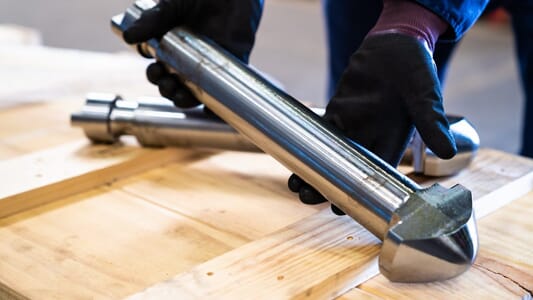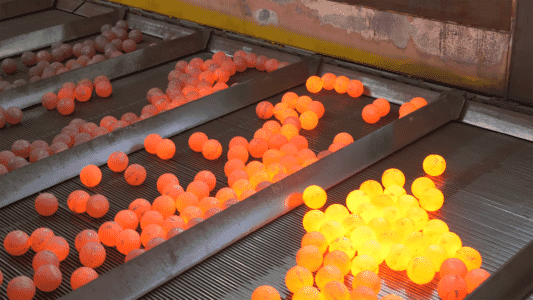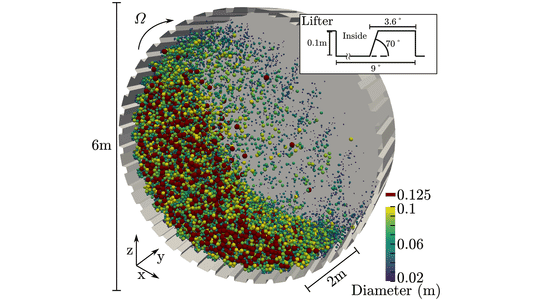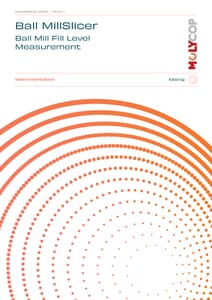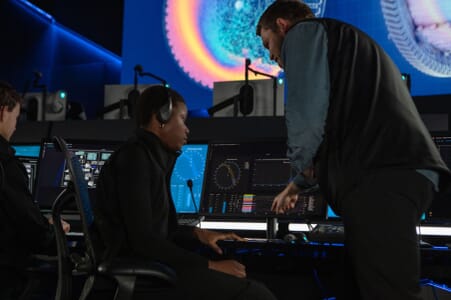Molycop is funding research at the cutting edge of physical metallurgy by partnering with Queen Mary University in London to advance sustainable innovation in grinding products.
Key Facts
- Molycop has partnered with QMUL to drive research into the chemical composition and heat treatment optimisation of martensitic steels.
- Outcomes will inform the mining industry on optimum process conditions and provide guidance on what alloy compositions are best suited to grinding media.
- The collaboration reinforces Molycop’s position as a global leader in grinding media research and development.
Global grinding media solutions provider Molycop has teamed up with Queen Mary University of London (QMUL) to drive innovation in alloy technology for grinding media.
Molycop’s partnership with QMUL is driving research into the chemical composition and heat treatment optimisation of martensitic steels, a project led by distinguished metallurgist Dr Harry Bhadeshia.
The groundbreaking research partnership includes working with Dr Chinnapat Panwisawas, who brings expertise in finite element method (FEM) computational modelling and simulation techniques to the research team.
Outcomes from the project will inform the mining industry on optimum process conditions and provide guidance on what alloy compositions are best suited to grinding media.
The partnership marks a significant advance in Molycop's commitment to product innovation, sustainability and strategic partnerships with world-renowned researchers and universities. It also reinforces Molycop’s position as a global leader in grinding media research and development.
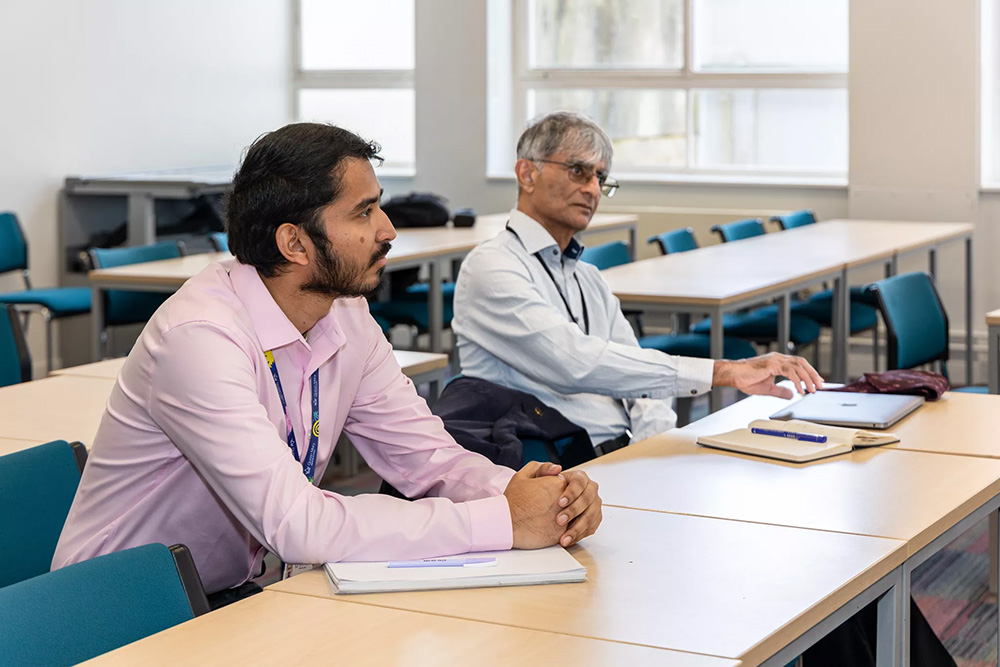
Research outcomes will have lasting impacts on mining sector
The three-year research partnership between Molycop and QMUL uses materials design and process simulations to understand metallurgical processes and hence improve grinding media. The partnership is poised to revolutionise alloy technology for grinding media, further enhancing Molycop's reputation for excellence in the mining industry.Dr Paul Shelley, Molycop Global VP of Innovation, said the QMUL research project is certain to have lasting impacts:
Molycop will be able to deliver cutting-edge solutions and products to customers by working with QMUL. Embracing the digital transformation gives us bandwidth that empirical studies don’t have.
He said Molycop is fortunate to collaborate with Dr Bhadeshia, whose pioneering work in metallurgy and materials science has earned him worldwide recognition.
“We are dedicated to working with the best minds in the field to lead innovation in our industry. Partnering with Dr Harry Bhadeshia, a visionary in metallurgy, exemplifies our commitment to sustainable practices and elevating our products’ performance to new heights.”
Dr Bhadeshia expressed his enthusiasm for the collaboration in equal measure:
Joining forces with Molycop, a company with a century-old legacy in grinding products, presents a unique opportunity to apply our research and expertise in a real-world context. Together, we aim to drive transformative advancements in sustainable alloy solutions for the grinding industry.
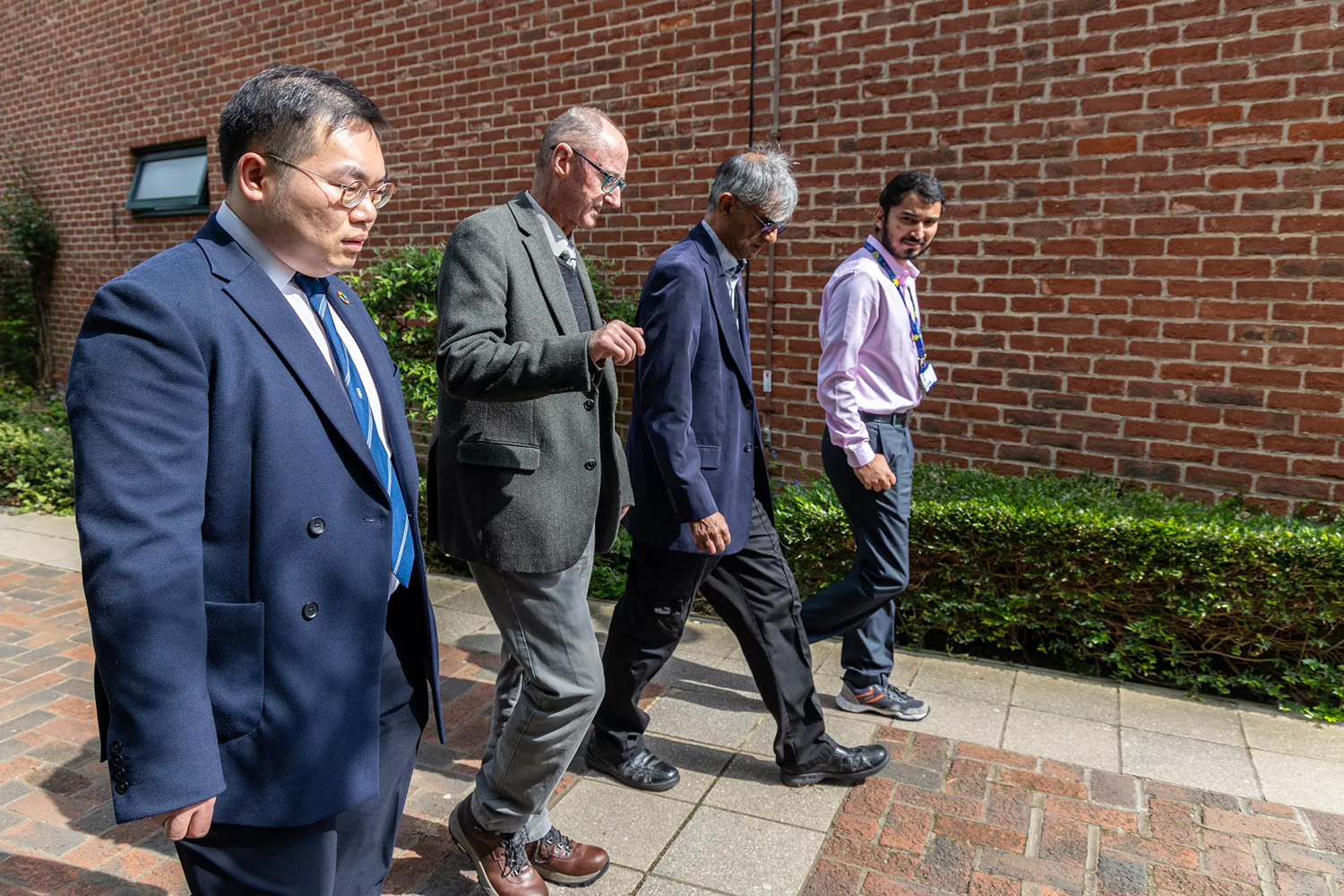
Molycop supports accelerated product development
The partnership with QMUL is just one that Molycop has embarked on so it can access cutting-edge research and emerging technologies. With this and other joint initiatives Molycop and partner universities are able to advance technology discoveries, foster knowledge exchange and drive innovation within the industry.“We have a number of research projects in place that support accelerated product development,” Dr Paul Shelley said. “We can provide customers evidence-based testing and benchmarking so they can make decisions about their grinding media suppliers.
“Molycop fosters a culture of innovation continuously by embracing the latest technologies and working with the greatest minds. Innovation is in our DNA,” he said.

